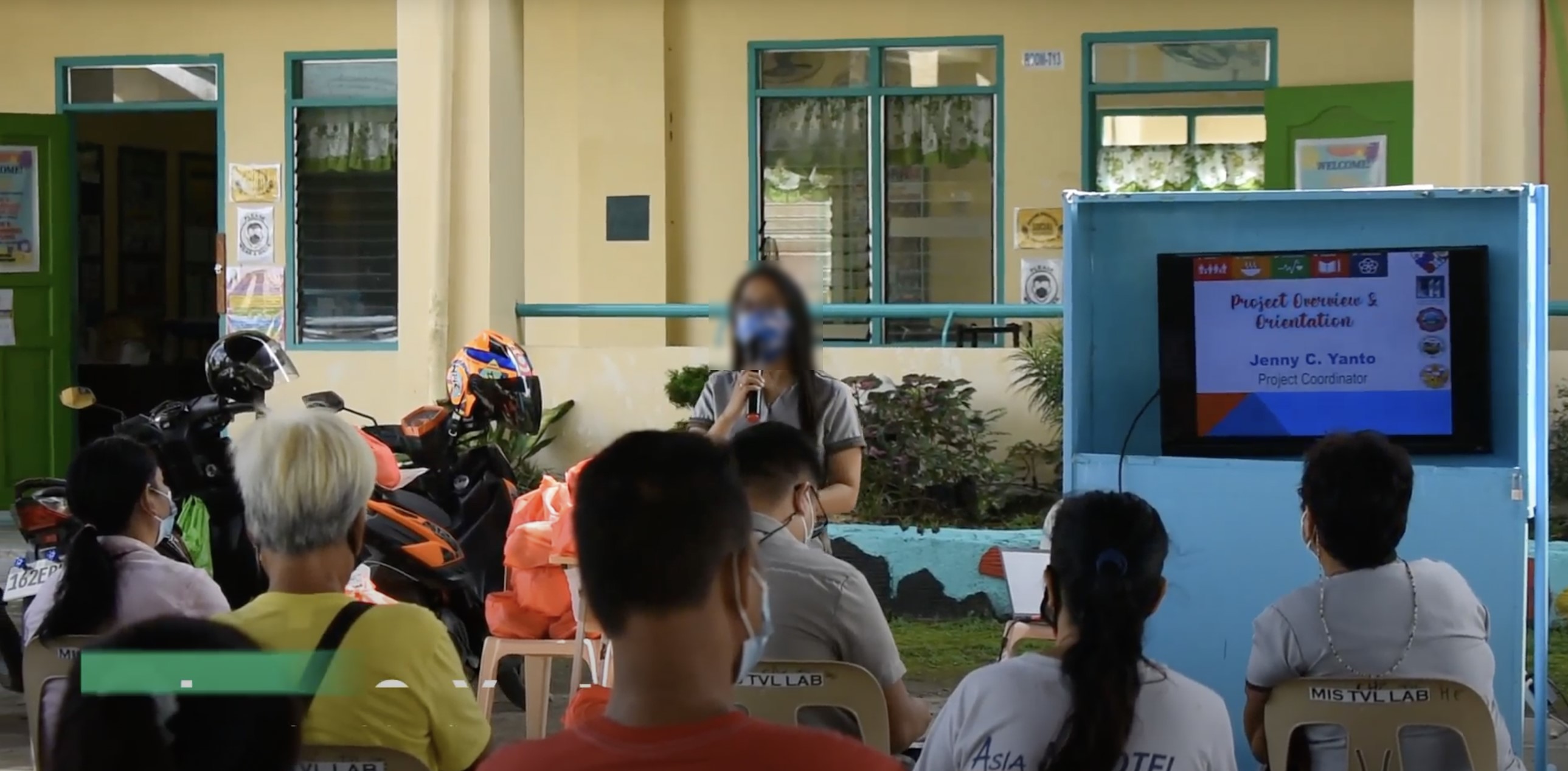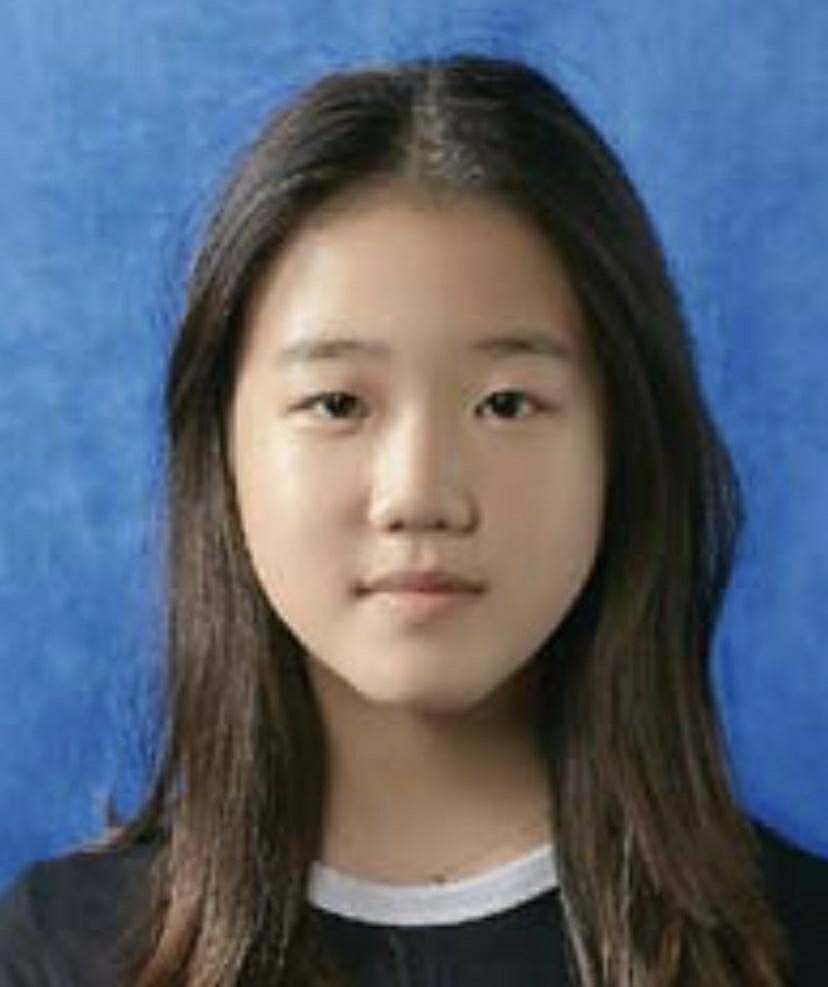
The hardships that students face in developing countries prevent them from receiving a proper education. To facilitate and encourage learning despite the challenging environments in the Philippines, the PSL, or Philippines Service Learning, a group of students at Chadwick International, came up with a creative solution to the issue.
Have you ever considered how you would be able to learn in a world where you had no access to the materials that you consider fundamental to and necessary for learning? Unfortunately, for students in developing countries such as the Philippines, where they struggle to access such materials for financial and environmental reasons, such a world is a reality.
As COVID-19 struck, the world was forced to transition to online learning. Though challenging at times, this was a relatively smooth transition as we, in Korea, had access to computers, Wi-Fi, and online platforms that allowed us to connect with others. However, in Labo, the Philippines, it is rare for students to have access to such resources.
Hence, the schools originally formulated a system called “modular learning,” where parents would visit the school once a week to receive a study packet that included all the content students need to study for the week. To assist them, the PSL initiated the USB project. To further elaborate on this initiative, I interviewed two PSL student leaders to have them explain the project and provide their perspectives on this issue.
I first interviewed David Jung, an 11th grade student at Chadwick International and member of the PSL. He explained that the modular learning system was “inefficient since there was a significant weight limit to the study packet, paper materials were wasted (which is both an environmental problem and a budget problem for them), and media materials such as teaching videos couldn’t be included in the packet.”
The solution that we provided was the USB program. “So, we are supporting them with USB flash drives that can connect to both phones and computers,” David said. Soon after this project was implemented, there was also an orientation for the students’ parents on how to use the USB flash drives to facilitate this transition.
To make this possible, the project was developed over several months, including multiple Zoom meetings between students at Chadwick International and the students and teachers in the Philippines. We also had to host minor fundraising activities to purchase and deliver the USB flash drives.
Seoin Yang, another 11th grader at Chadwick International and a student leader of the PSL, shared her insight on service learning. She said that the initiatives have “impacted the students in the Philippines positively by motivating them to continue their journey despite the hardships they face,” as we facilitated their learning and enhanced the education they receive.
“We have certainly heard from the faculty members and students that this program has motivated them to continue their studies and achieve better grades,” she said. Personally, hearing accounts of how we have given them hope and actually empowered them to become service leaders themselves has inspired me tremendously and given me a reason to keep going. The impact that our help has had on their lives has encouraged them to endure the hardships and move on to try and help others like we did.
Hearing such sentiments made me realize that the help we provide can have a butterfly effect. By lending a helping hand, even just simple and small actions, we can change the lives of others and give them the opportunity to help more people. This leaves me thinking about the responsibilities that we have as citizens and members of our community—what can we do today that will make a change in someone else’s life? If you live each day pursuing small acts of kindness that may not take much of your time, you can make the world a slightly better place to live for others.

Karen Lee
Grade 9
Chadwick International

